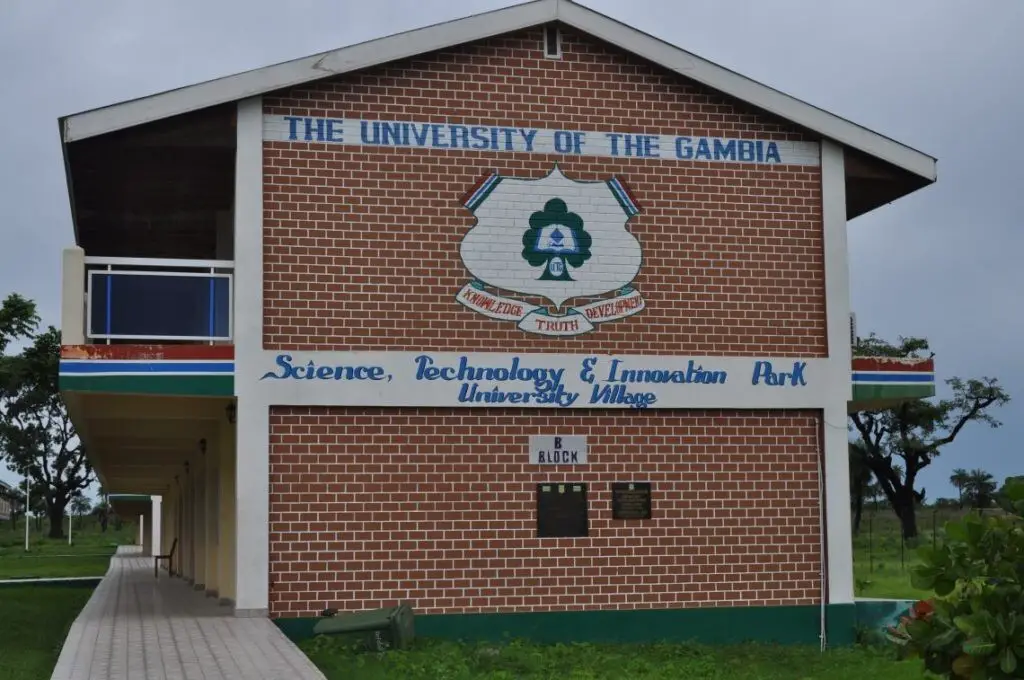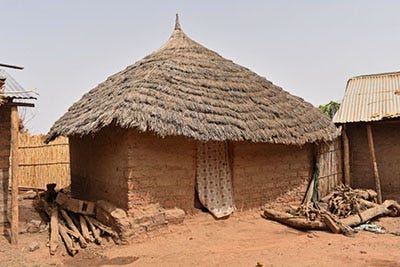Health and Welfare
Although the situation has improved in the years since gaining independence, health conditions in the country are very poor, and over half the population doesn't have access to adequeate sanitation and a third do not have access to clean drinking water. Among the diseases that are significant in The Gambia, malaria* is the most prevelant health threat as well as tuberculosis* being a common problem.
To combat this, there are many healthcare facilities are centered around Banjul, as well as others spread across the country. Due to a shortage of healthcare workers in The Gambia, particularly in rural areas, in 1999 the government established the Gambia College of Medicine which offers a program that trains doctors in a Doctor of Medicine degree.[2][10]
Housing
Housing is another struggling area of The Gambia, and while colonial architecture can be found in Banjul, most dwellings are single-story wood houses. In the interior areas of the country, concrete buildings with tin roofs and round huts made of mud with thatched roofs make up the majority of the villages.[2]
The country has a population growth rate of 2.23%[7] and the housing supply has not been able to keep up with this margin of growth. Because of this, overpopulation and congestion are an issue in both rural and urban centres. As of 2020 The Gambia is the 5th most population dense country in Africa.[2][11]
Education
Primary education in The Gambia is free but not required by law. There are both secondary and post-secondary options for students in The Gambia, the government established the country's first university in 1999, the University of The Gambia in Serrekunda[12], as well as the previously mentioned College of Medicine.[10] Before the establishment of those two institutions, students pursuing post-secondary education would travel to other countries such as Sierra Leonne, Ghana, Britain, etc.[2]

